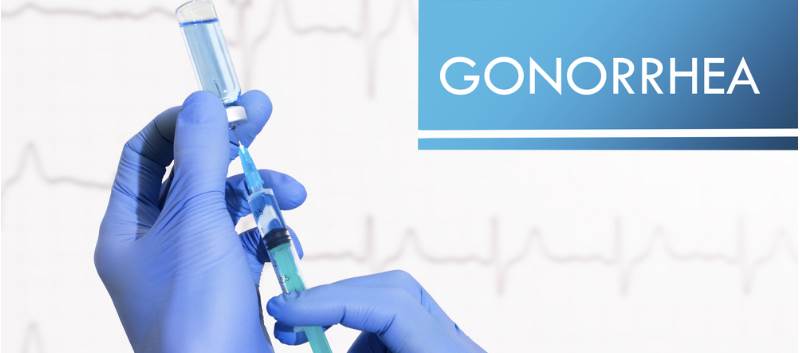Source: Thailand Medical News Nov 06, 2019 6 years, 2 months, 3 weeks, 4 days, 16 hours, 30 minutes ago
A medical research team from The University of Massachusetts Medical School (UMMS) has developed the first prototype
vaccine candidate for
Neisseria gonorrhoeae, the bacterium that causes
gonorrhea, a
sexually transmitted infection that affects men and women. Untreated, gonorrhea can cause infertility in women and also a host of other long term medical complications and issues.

Dr Peter A. Rice, professor of medicine in the Division of Infectious Diseases and Immunology, UMMS and senior author of the study commented to
Thailand Medical news, "The global spread of multidrug-resistant strains of N.
gonorrhoeae constitutes a public health emergency. With antibiotic treatment options becoming limited, there is an urgent need for development of a safe and effective vaccine against
gonorrhea. The UMMS team has developed a
gonococcal vaccine candidate, a complex peptide that is both scalable and economically produced to a high degree of purity. The candidate elicits bactericidal (killing) antibodies and is efficacious in a preclinical experimental infection model."
There is no
gonococcal vaccine currently that effectively prevents or curtails
gonorrhea in humans.
Gonorrhea has become resistant to almost every antibiotic in clinical use, even as the number of cases reported is increasing rapidly almost 650,000 cases were reported in the United States in 2018, a 65 percent increase in the past five years. Worldwide, there were an estimated 103 million cases in 2018. An economical and effective
vaccine would help the global spread of a dangerous, multi-drug resistant, organism.
The research team developed a
vaccine candidate, a synthetic compound, represents a mimic of a highly represented molecule on the surface of
gonococcal organisms that is replicated many times on its surface and is shared by almost all
gonococci, while also serving as the target of
vaccine elicited antibody. The
vaccine formulation also includes an adjuvant to increase the immune response against the organism. The
vaccine
> was tested over a range of doses and administration intervals in an animal model. The
vaccine elicited a durable and robust immune response, one that significantly reduced both the duration of infection and the level of
gonococcal colonization.
Dr Peter A. Rice, "This
vaccine is the most promising candidate developed in 40 years. From a public health perspective, even a decrease in burden and duration of infection can have profound effects on disease pathology and transmission. In addition, prevention represents an important goal in the development of a safe, economical and effective
gonococcal vaccine that can be used in resource limited areas where rates of
gonorrhea are high."
The team is planning more preclinical studies to proceed to actual human clinical trials so that US FDA approvals and other regulatory processes can be expedited to have the vaccine ready as fast as possible due to the dire global situation with regards to
gonorrhea cases increasing and drug resistance getting beyond control.
Reference: Sunita Gulati et al. Preclinical Efficacy of a Lipooligosaccharide Peptide Mimic Candidate Gonococcal Vaccine, mBio (2019). DOI: 10.1128/mBio.02552-19 